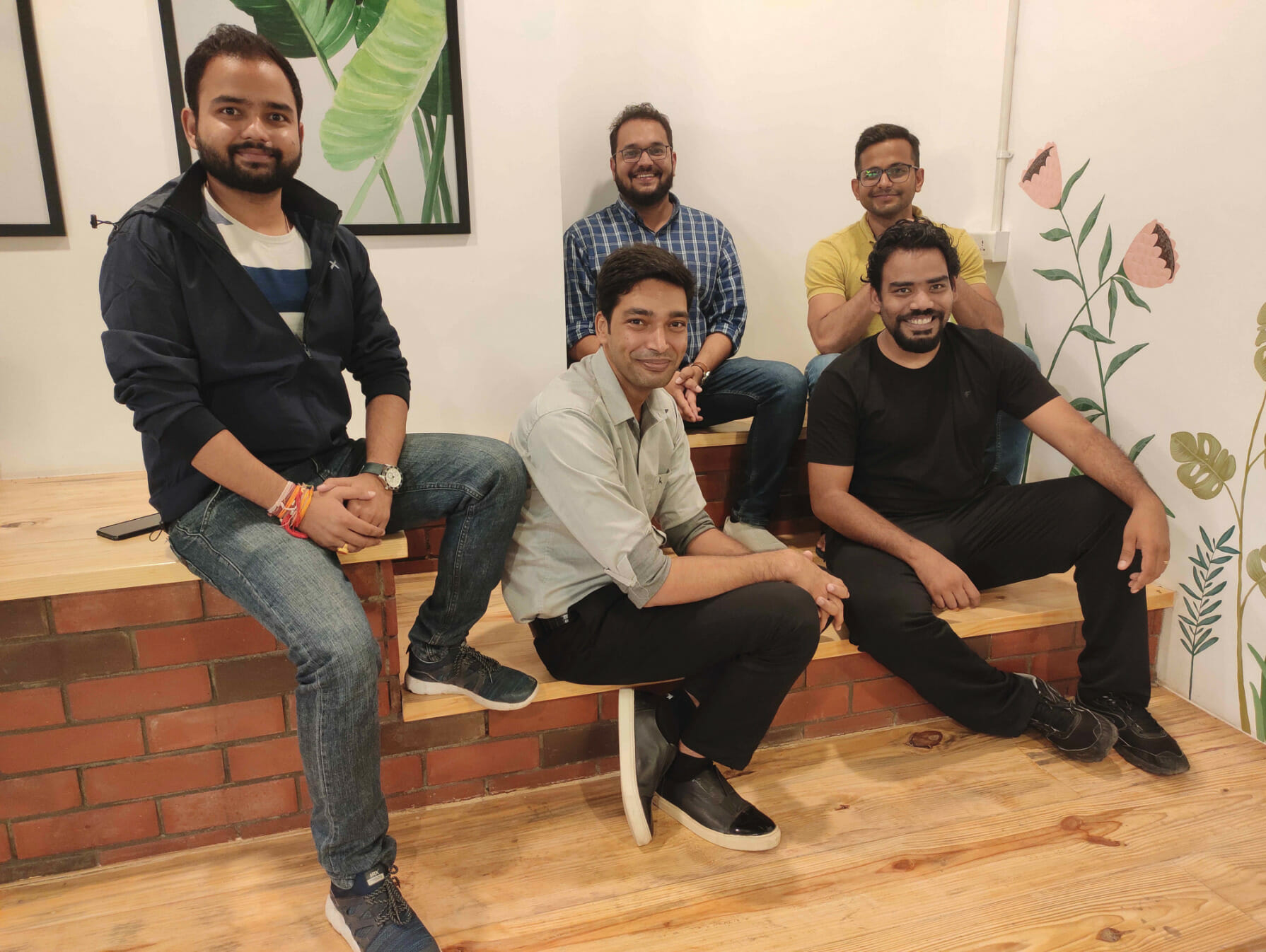Bijak, a B2B platform for agricultural commodities, on Tuesday revealed its raise of over $2.5 million in seed funding.
Investors included Omnivore and Better Capital, along with Omidyar Network India and Sequoia Capital India’s rapid scale-up program Surge. This deal is the first agritech investment in India for Sequioa and Omidyar Network India.
Founded in January 2019 in Gurugram by Nukul Upadhye, Mahesh Jakhotia, Jitender Bedwal, Daya Rai and Nikhil Tripathi, Bijak aims to bridge the information asymmetry and lack of accountability in agricultural commodities trading.
To do so, the company is building a B2B trade platform for the agricultural sector in India that enables traders, wholesalers and food processors to keep a ledger of their transactions, access transparent pricing, optimise logistics and improve their working capital cycles.
The platform operates through an app, which was first launched in May and is available in several local languages. It currently caters to multiple agricultural states, including Maharashtra, Uttar Pradesh, Madhya Pradesh, Punjab, Bihar, and Uttarakhand. The app is packed with specific terminology used in India’s wholesale markets, which are known locally as mandis.
“Our thesis was that bigger disruption would come from not eliminating the middlemen, but from working with them to provide them with the tools to be transparent,” co-founder Nukul Upadhye told AFN by phone ahead of the funding announcement. His product has a rating system that aggregated various factors of quality and reliability to hold sellers accountable, and that is designed to reward good service and transparent practices.
He said there is huge scope for change in how India brings its food to market. “Right now, it’s a very opaque value chain,” Upadhye said, describing India’s fragmented agri supply systems and its mandis, which involve roughly 5 million middlemen.
Much of the funding, Upadhye added, will be directed toward improving Bijak’s tech offering and allowing for the layering of additional services onto the platform, giving third parties a chance to “plug and play” with offerings of lendings, insurance, or logistics.
“They have a very strong focus on the fintech layer here, that I think is quite differentiated,” Omnivore managing partner Mark Kahn told AFN by phone on Monday, outlining his decision to invest and underscoring that his firm would be helping Bijak to “scale aggressively pan-India and globally.”
In an accompanying press release, Khan said that Bijak is already “transforming the agricultural trading ecosystem across India by partnering with buyers, sellers, and middlemen to improve transparency and reduce everyone’s cost of capital. Over time, this will also become hugely beneficial to Indian farmers.”
Disruptive mandi tech
Omnivore’s involvement in this deal comes hot on the heels of its participation in a recently closed $6 million Series A funding round into Ecozen Solutions, a company developing portable solar-powered food storage solutions.
Even further upstream, tech is offering India’s massive farming population all manner of new tricks to boost supply chain viability, with India-based CropIn recently winning Rainforest Alliance’s AgTech Developer Challenge for its AI and satellite-powered cocoa solution. Plantix, meanwhile, a platform that harnesses computer vision to enable the early-stage detection of crop diseases with a smartphone camera, has raised a €6.6 million Series A in its own bid to transform Indian farming.
Elsewhere, DeHaat’s rapidly expanding farmer network provides agricultural inputs, customized crop advising, and market linkages for farm produce, while TheKrishi App is also aiming to boost Indian farmers’ finances by aggregating multiple stakeholders on a digital platform. (DeHaat is an AgFunder portfolio company.)
Ninjacart recently raised $89 million from Tiger Global in India’s largest-ever farm tech deal, while TartanSense is focusing on building robots to assist small farmers throughout the country with pesticide application and Intello Labs is applying computer vision and deep learning to measure the quality of crops.
So, as 2019 draws to a close, 2020 looks set to be a year to watch for Indian agrifood tech.





